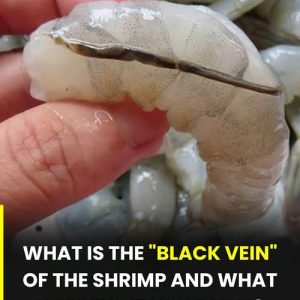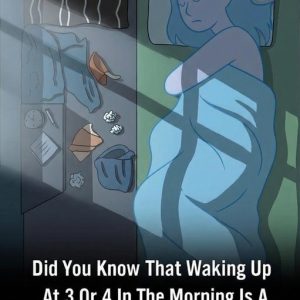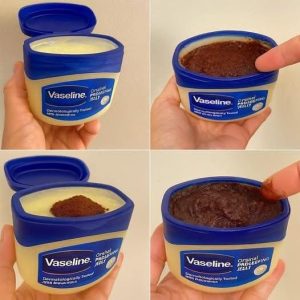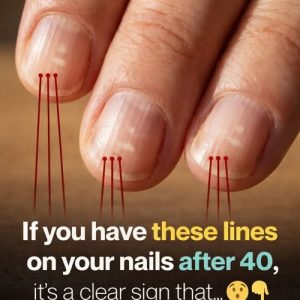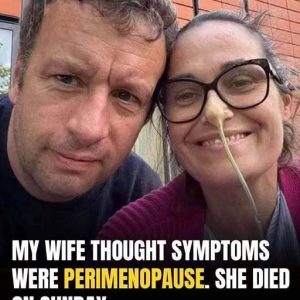I was thirty when I met Rick—steady, kind, a high school biology teacher with eyes that quieted a room. Before him, I had silence for company and a life too neat to feel alive. He changed the acoustics of my world. Two years later, we married and began dreaming in soft colors: cribs, lullabies, tiny socks.
But the crib stayed empty. Treatments came and went—IVF, surgeries, prayers whispered into sterile air. Hope thinned. After seven years, I said the words that freed us both: “Let’s adopt.”
The process was grueling, but one rainy morning the call came—a newborn girl needed a home. We named her Ellie. She fit in my arms like a missing piece, her fist curling around my finger as if she’d been waiting her whole life.
For three days, joy filled every corner. Then Rick changed—quiet, distant, whispering into his phone. One night I overheard him say, “We might have to return the baby.”
When I confronted him, truth unraveled like thread. “After we brought her home,” he said, “I saw a birthmark—same as mine. I’d already sent in a DNA test. She’s… my biological daughter.”
The room spun. He confessed to a one-night mistake, a pregnancy he never knew existed. The birth mother confirmed it. Ellie was his—by blood, not deceit. But his silence had broken something sacred.
I rocked Ellie that night, tracing her tiny fingers. None of this was her fault. She was ours—no less mine for how she came to be.
Weeks later, Rick moved out. We agreed to share custody. Sometimes, when Ellie sleeps against my chest, I whisper, “You’re loved, that’s what matters.”
Some miracles arrive wrapped in pain. They still shine just as bright.
